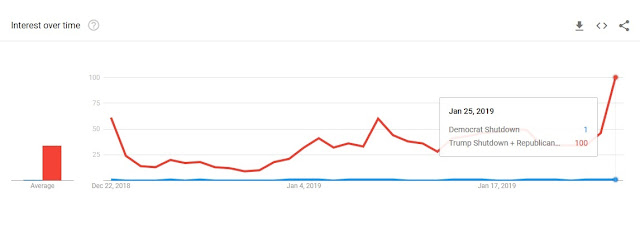 |
| Leading edge research offers much needed hope to rare cancer patients |
Odds are stacked against a positive outcome for Rare Cancers
Cancer research like any other subjects based on scientific inquiry are highly dependent on data. Gaining insightful conclusions from data with a reasonably high confidence level requires a decent population sample size. Ceteris paribus, the larger the population, the higher the confidence level.When inspecting data collected by the National Cancer Institute under their Surveillance, Epidemiology, and End Results (SEER) program, one can observe that incidence and mortality rates in the most commonly diagnosed cancers have trended lower or remained stable over the years. In fact, anyone diagnosed with a common cancer other than Lung and Bronchus today, has a more than 50% survival probability on average.
Unfortunately the prognosis is a lot worse for rare cancer diagnoses, people fighting 3 of the 10 rarest cancers (Chronic Myelomonocytic Leukemia, Kaposi Sarcoma and Mesothelioma) almost certainly face death in the event of a diagnosis as historical mortality rates have stubbornly remained close to or at 100% for the past 10 years. That said, every person is different. Encouraging words that most cancer survivors would have heard from their oncologists.
The diverse and complex nature of the human body is also the reason why more resources must be allocated to rare cancer research, especially so given the relatively fewer data points from rare cancers.
The Positive Effect of early detection on Mortality Rates
Staging data is sparse for rare cancer diagnoses. It is also likely that data availability is further exacerbated by the difficulties encountered by doctors and medical professionals being able to clinically stage rare cancers successfully. However, based on data collected for more common cancers, a recurring theme is echoed by the data: early detection leads to better mortality outcomes.In the chart above, the cancers with high mortality rates bear the common characteristic of late stage detection after the disease has already metastasized or was unstaged (indicated by taller dark orange and red bars). It will not be unreasonable to draw the conclusion that the same effect of early detection would apply to rare cancers as well.
A Call to Action
In 2007, Jennifer Goodman Linn (1971 - 2011) founded Cycle For Survival after battling Malignant Fibrous Histiocytoma (MPH) Sarcoma for 4 years. This is her fearless story.Rare cancer research is underfunded, leaving people fighting these cancers with few options — sometimes none. Because of the generosity of people like you, Cycle for Survival is changing that.
- 100% of your gift will fund research led by Memorial Sloan Kettering Cancer Center to advance new and better treatments. All funds will be allocated within 6 months of the events. Cycle for Survival will share what was funded and continue to keep us updated on progress.
- Discoveries will benefit cancer patients everywhere. Memorial Sloan Kettering treats over 400 subtypes of cancer each year and collaborates with institutions around the world.
- Many cancers are considered rare — lymphoma, thyroid, ovarian, brain, pancreatic, all pediatric cancers, and others — and together we can give doctors the resources they need to beat them.
- Follow the link sent by your contact to take you to their personal fundraising page. It should begin with http://mskcc.convio.net/goto/<followed by their name or team> and click the donate button.
-
Search by your contact's name to get to their personal fundraising page. 
-
If you know the name of the team that your contact is riding with, you may make a donation from their team page. 
Thank you in advance for your contribution and do help spread the word to truly make a difference by using the share button below!






